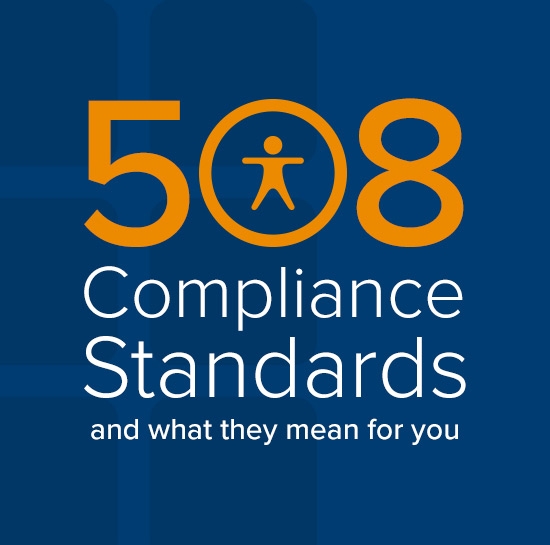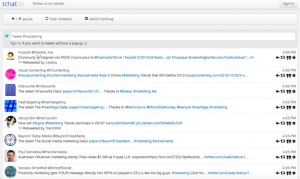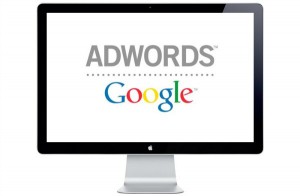— June 29, 2018

Change in the broad space of the internet is like a constantly revolving door. One minute you’re wondering if the investment is worth it. The next minute, you’re in the market for a site revamp because, just like fashion, trends change. Then, thanks to tablets and smartphones, you find yourself racing to make your site mobile-friendly. Is your head spinning yet? Welcome to the new frontier of internet evolution – web content accessibility and maintaining 508 compliance.
If this is news to you, you’ll want to pay attention because the recently updated standards for the Americans with Disabilities Act as it relates to the world wide web are already having an impact on business. So, what is this new world of online accessibility, 508 compliance, and web content accessibility guidelines? And more importantly, how do you map it?
New Rules for the Americans with Disabilities Act
Many businesses are getting caught by surprise, only to discover the government has a list of dos-and-don’ts for their site when a lawsuit drops on their doorstep. For 2018, these compliance standards are being updated and enforced, if legislation passes. Their purpose is to ensure that people with disabilities can use the web, meaning they can navigate, interact and contribute to the internet. For you, that means brushing up on ADAD, WCAG 2.0 and section 508.
What’s the Negative?
The bad news is that if you are noncompliant, you could face legal action. Lawsuits against all types of businesses are on the rise. Last year, in the month of October, nine suits were filed against credit unions in the state of Virginia. For the year, that number for all businesses jumps to 24. New York and Florida, however, take the cake for WCAG/ADA compliance suits. New York’s total was 335 and Florida racked up 325. Imagine if these standards become law — that’s a whole other potentially money-and-time-draining can of worms just waiting to happen.
What’s the Positive?
The good news is that 508 compliance could ultimately mean better returns for you. Not only are you doing right by people with disabilities, you will reach a large section of, perhaps, an overlooked market. You might be surprised to know that the annual disposable income for people with disabilities comes to around $ 544 billion. Yes — $ 544 billion. Not only that, but globally, this estimate equals around $ 6.9 trillion. That’s no small potatoes. So instead of losing money (and sleep) over lawsuits, you could win some revenue by making sure your site’s content is fully accessible for this population.
Okay, I Get It: Now What Do I Do?
So glad you asked. Here’s the gist: We will run a complete scan of your website using PowerMapper’s SortSite Professional Edition, and then we’ll compile the data received and let you know what level of accessibility, if any, your site currently meets. Depending on the results, there are a number of fixes we might implement:
- Color re-skin or re-theme
- Update your media content with closed captioning and audio/video transcripts
- Audit your content and add additional text alternatives to visuals
- Rework page functionality to improve usability for people with disabilities
- Redesign components of the site to include all user types
- Strategize for better content organization and readability
- Clarify messaging and add context for links
- Restructure forms for better understanding and flow
- Full-site revamp to modernize outdated techniques (ex. table layouts)
Some other key services that will support your continued compliance are staff training, so they better understand the ADA/WCAG standards and can implement them, and we can also provide monthly compliance scans, reports and support that will ensure your organization stays on top of 508 guidelines.
If you have questions about the Americans with Disabilities Act and how it relates to your website, or you’re interested in what Ironistic can do to help, don’t hesitate to contact us. This is a new frontier for the online world, but it is entirely accessible (pun intended). The road is paved and ready for travel, and we’re more than happy to be your guide.
*A Note About Open Source Content Management Systems (CMS)
Because open source CMS platforms, like WordPress, are constantly updated, Ironistic cannot be responsible for future WP updates and their 508 compliance. WordPress, for their part, is committed to universal accessibility, but this cannot be guaranteed by any open source CMS at all times.
Business & Finance Articles on Business 2 Community
(58)
Report Post







